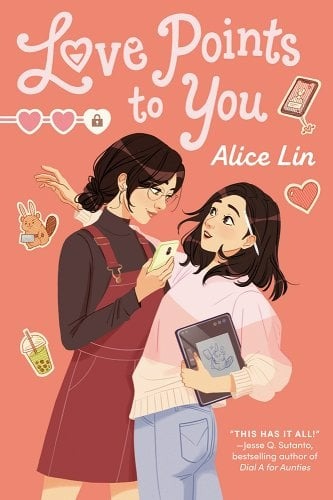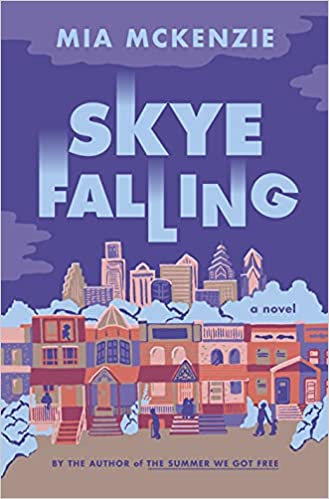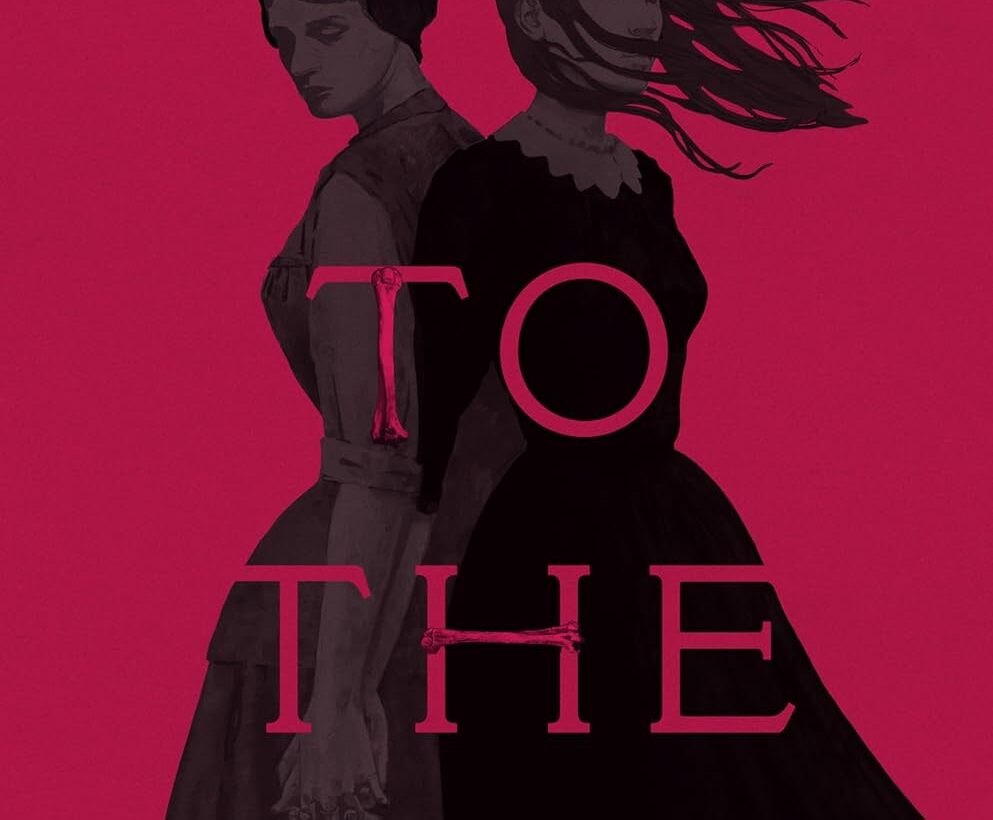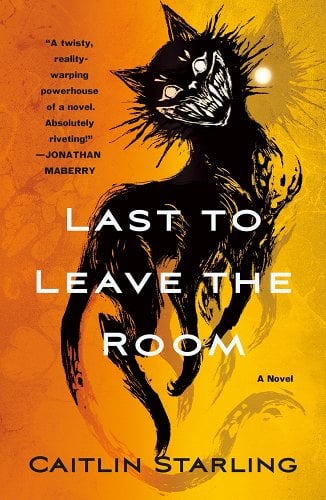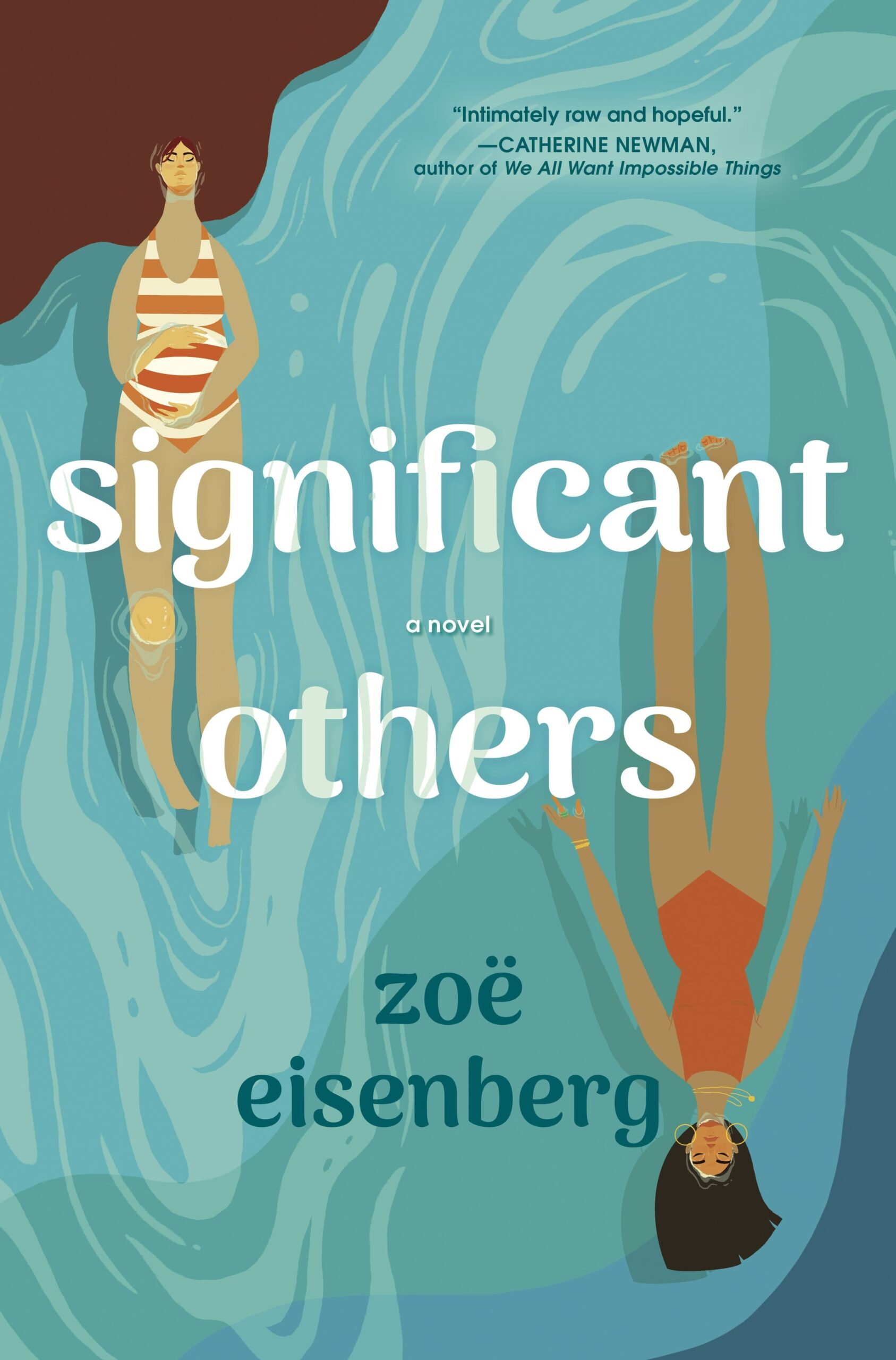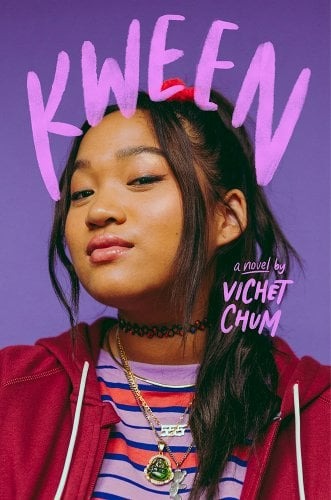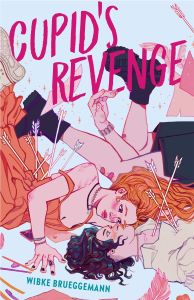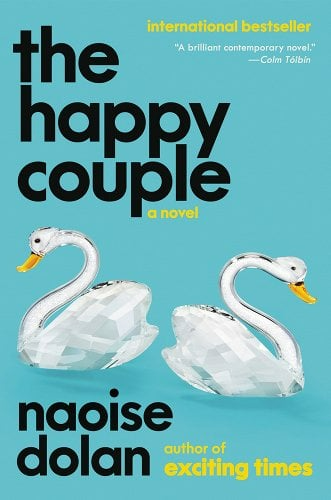First of all, this is of my all-time favourite YA covers. It’s so adorable. And I’m happy to say that the story delivered. We’re following Lynda, a teenager who is devoted to getting into her dream art school. Unfortunately, her father just remarried and she now has to share a room with her stepsister, Josie.Read More
In Defense of Messy Main Characters: Skye Falling by Mia McKenzie Review
I can’t count how many people I’ve recommended The Summer We Got Free by Mia McKenzie since I read it ten years ago. It’s just such an atmospheric, beautifully written, absorbing story. And yet, when she came out with her next novel, Skye Falling, I inexplicably didn’t pick it up. Since then, Skye Falling hasRead More
A Brutal Colonial Horror Story: To the Bone by Alena Bruzas
To the Bone is the story of Ellis, an indentured girl in the Jamestown settlement of the Virginia colony. Ellis aspires toward little more than goodness; born poor in the late 1500s, she can neither read nor count, but understands the world as preachers sketch its edges. She works hard as a servant to the semi-prominentRead More
If Shirley Jackson Wrote Severance: Last to Leave the Room by Caitlin Starling
The first thing you’ll notice when reading the blurbs for Last to Leave the Room is that every reader seems to think it’s a different genre. Isaac Fellman says it “reads like Shirley Jackson writing an episode of Severance.” Apparently, this is a technothriller sci-fi speculative gothic horror novel, which I can’t say I’ve ever seenRead More
More Than a Statistic: Every Variable of Us by Charles A. Bush
Buy this from Bookshop.org to support local bookstores and the Lesbrary! Alexis Duncan is a Black teenage girl from Philadelphia whose incredible basketball skills are her one ticket to receiving a scholarship and getting out of her poverty-stricken neighbourhood. However, after getting injured during a shooting at a high school party and being told sheRead More
A Land of Gods, Monsters, and Talking Cats: Monstress Vol. 1 by Marjorie Liu and Sana Takeda
Buy this from Bookshop.org to support local bookstores and the Lesbrary! Oftentimes bleak but consistently awe-inspiring, Liu’s world of steampunk, art deco fantasy is a marvel to behold. This is definitely one to check the trigger warnings for. Set in a world where humans and Arcanics (a cross between humans and a mystical race calledRead More
A Bittersweet Portrait of Platonic Partnership: Significant Others by Zoe Eisenberg
Buy this from Bookshop.org to support local bookstores and the Lesbrary! Jess and Ren were college roommates, and they have been inseparable ever since. That’s acceptable in college, but much less common when you’re in your late 30s, have bought a house together, and co-parent a dog. They’re committed to each other, but not dating—JessRead More
A Lesbian Poet Teen Finds Her Voice: Kween by Vichet Chum
Buy this from Bookshop.org to support local bookstores and the Lesbrary! Kween is a character-centric book about Soma Kear, a Cambodian teen whose life in Lowell, MA has been deeply shaken. Soma’s Ba has been deported, her Ma is in Cambodia with him, her Bridezilla sister is in charge… and Soma just wants to make senseRead More
A Painfully Realistic Teen Romance: Cupid’s Revenge by Wibke Brueggemann
Buy this from Bookshop.org to support local bookstores and the Lesbrary! I will admit that the cover really influenced me in picking this one up. I think it’s stunning. But I’m glad I did! Tilly is only non-artist in a house of passionate artists, and she’s always felt left out. Her parents don’t really understandRead More
A Page-Turning Mess of a Queer Love Polygon: The Happy Couple by Naoise Dolan
Buy this on Bookshop.org to support local bookstores and the Lesbrary! If you’re looking for something fun, marathonable, the right amount of messy, and full of queer love polygon drama, then look no further than The Happy Couple. I listened to this as an audiobook (a short and snappy 5.5 hour experience) and I foundRead More
